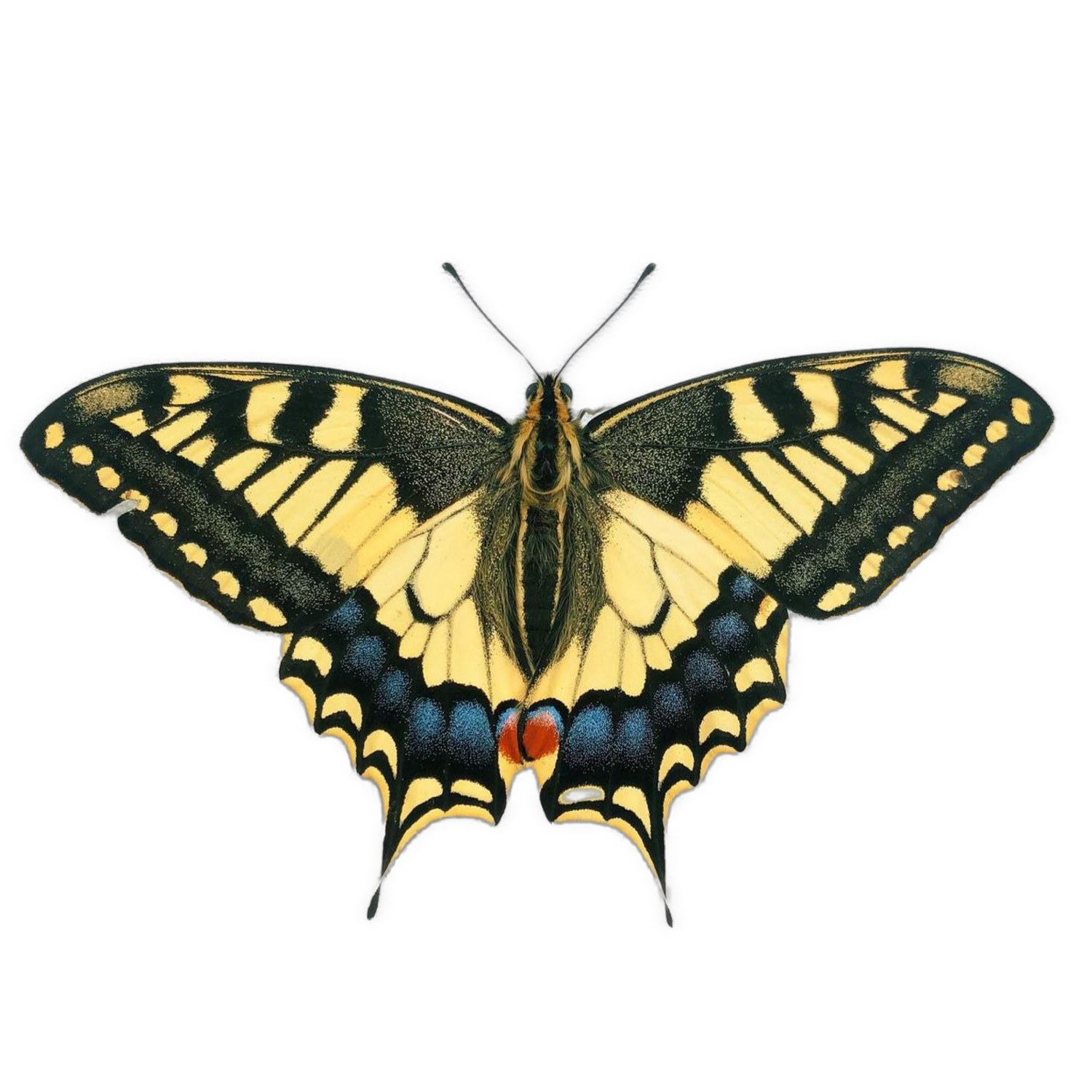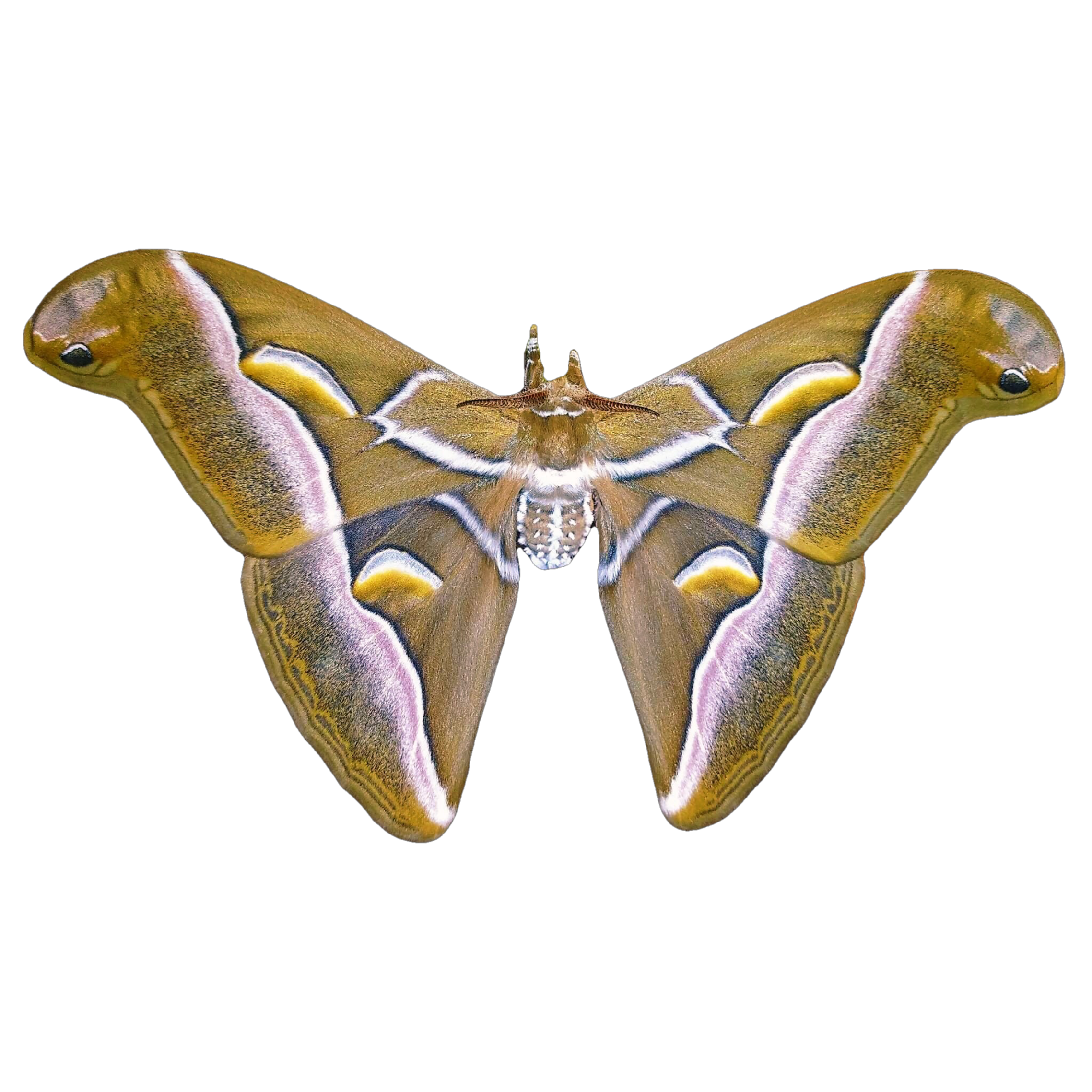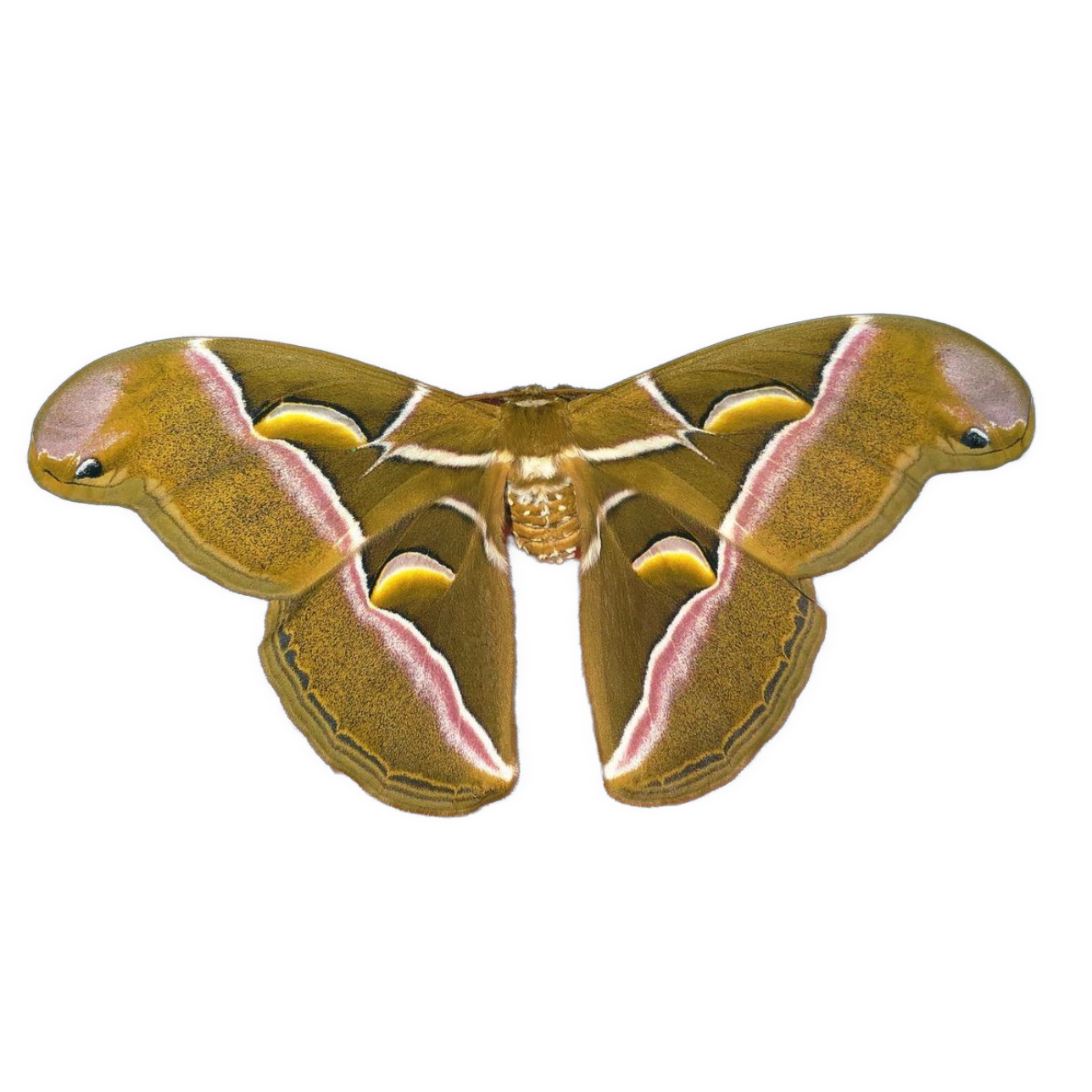Samia cynthia (China) EGGS
Samia cynthia is commonly known as the Tree of Heaven Silkmoth due to its favourite host plant in the wild, Ailanthus alitissima - the Tree of Heaven. This species naturally occurs across much of Asia, with some uncertainty over the actual number of Samia species and whether populations previously considered cynthia may actually represent a distinct species. Due to the silk cocoons constructed by its caterpillars, cynthia has been farmed for thousands of years, resulting in the domesticated Samia ricini. This stock is true cynthia from China where the species lives naturally.
Difficulty - Cocoons are easy (1/10); caterpillars are straightforward (4/10)
Host plants - Ailanthus; Privet; Lilac; Laburnum; Ash; Sweet Gum
Conditions - Room temperature
Lifecycle - Two broods per year; latter overwinters as cocoon
Samia cynthia is commonly known as the Tree of Heaven Silkmoth due to its favourite host plant in the wild, Ailanthus alitissima - the Tree of Heaven. This species naturally occurs across much of Asia, with some uncertainty over the actual number of Samia species and whether populations previously considered cynthia may actually represent a distinct species. Due to the silk cocoons constructed by its caterpillars, cynthia has been farmed for thousands of years, resulting in the domesticated Samia ricini. This stock is true cynthia from China where the species lives naturally.
Difficulty - Cocoons are easy (1/10); caterpillars are straightforward (4/10)
Host plants - Ailanthus; Privet; Lilac; Laburnum; Ash; Sweet Gum
Conditions - Room temperature
Lifecycle - Two broods per year; latter overwinters as cocoon
Samia cynthia is commonly known as the Tree of Heaven Silkmoth due to its favourite host plant in the wild, Ailanthus alitissima - the Tree of Heaven. This species naturally occurs across much of Asia, with some uncertainty over the actual number of Samia species and whether populations previously considered cynthia may actually represent a distinct species. Due to the silk cocoons constructed by its caterpillars, cynthia has been farmed for thousands of years, resulting in the domesticated Samia ricini. This stock is true cynthia from China where the species lives naturally.
Difficulty - Cocoons are easy (1/10); caterpillars are straightforward (4/10)
Host plants - Ailanthus; Privet; Lilac; Laburnum; Ash; Sweet Gum
Conditions - Room temperature
Lifecycle - Two broods per year; latter overwinters as cocoon






